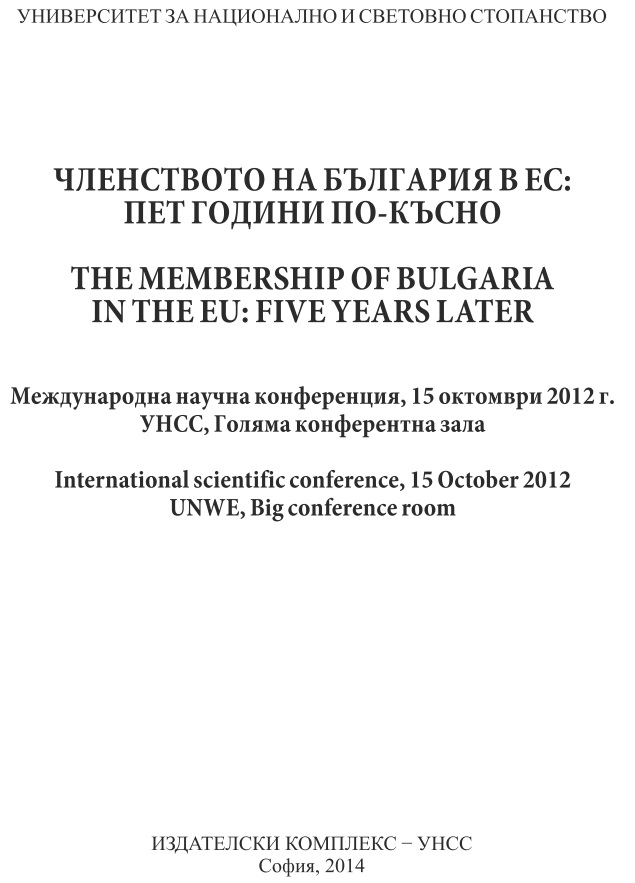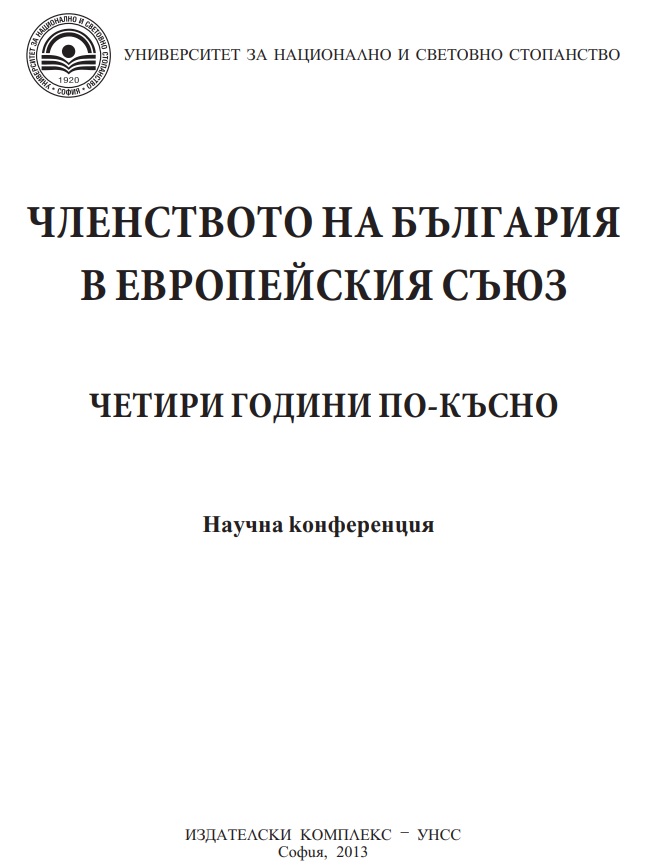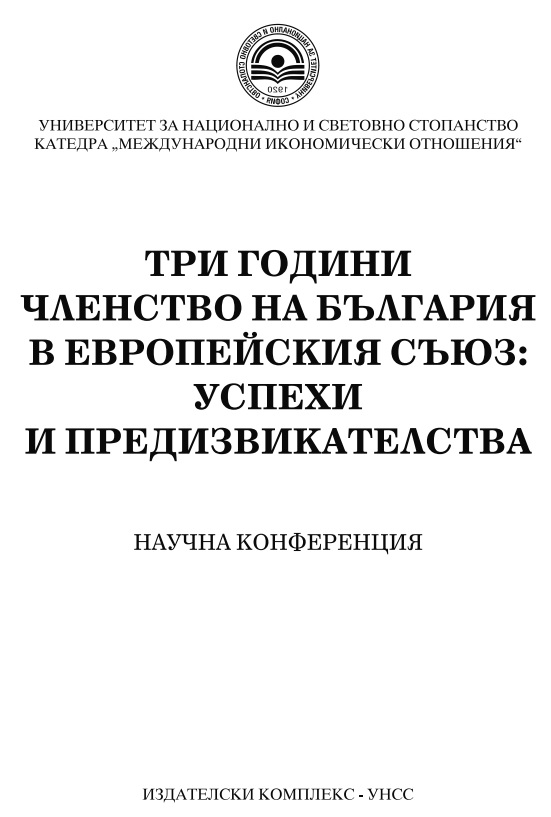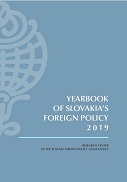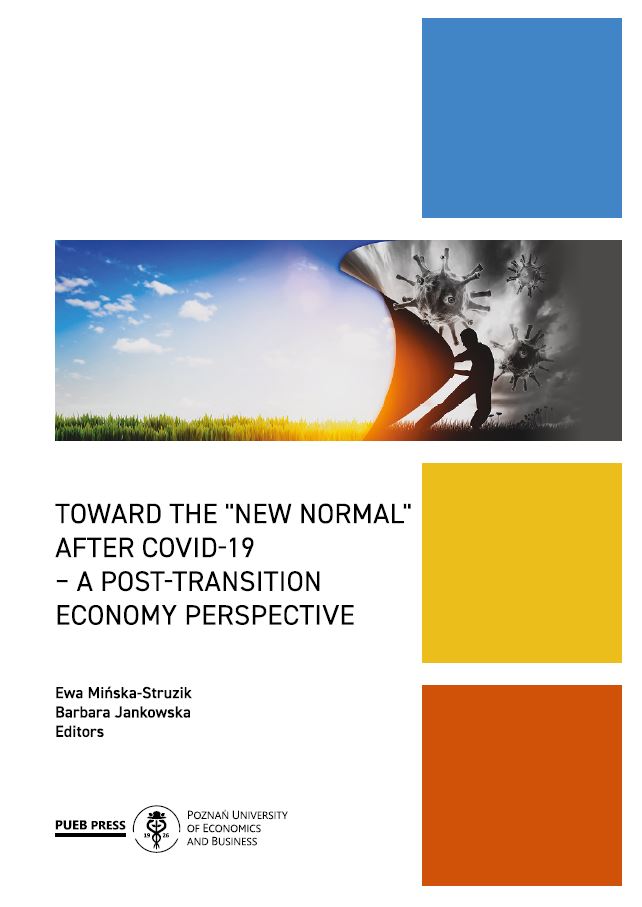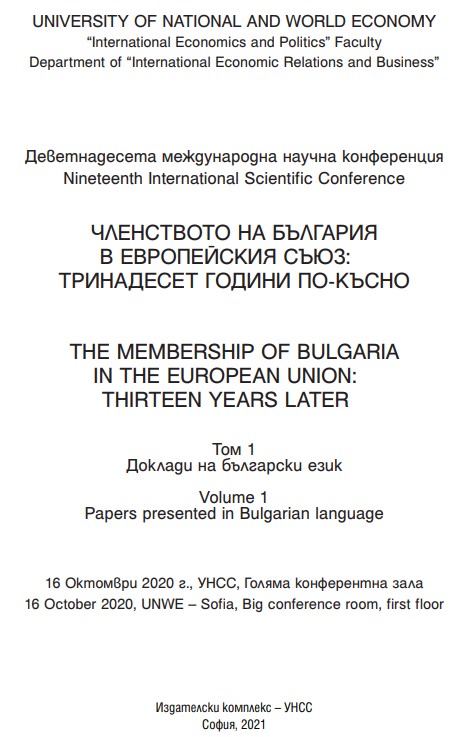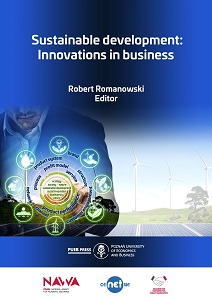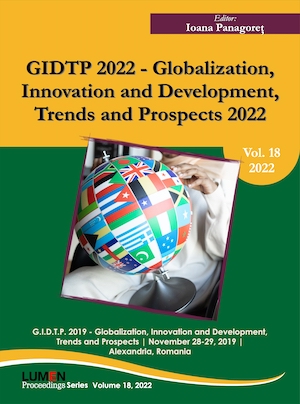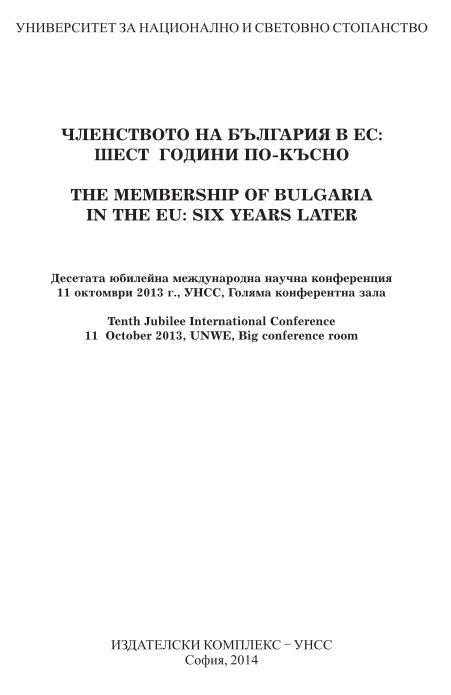
Въздействието на международните цени на зърно върху българския зърнен пазар
The first decade of the 21st century was accompanied by increased price volatility and price spikes in commodity markets. This caused a chain reaction in the world economy. The changes that took place had not only an economic but also a social dimension. Price volatility is expressed through the transfer of uncertainty from the financial sector to other sectors of the global economy. At the time of the collapse of the capital markets, commodities recorded record turnovers. New financial instruments have appeared to allow the avalanche-like increase in the positions of institutional speculators in commodity markets. In the short term, increased uncertainty is crucial for the price stability of the food. For example, through its impact mechanisms, climate change may cause another 115 million people worldwide to face chronic hunger and reach a total of more than 700 million people. For our country, the volatility of grain prices is of strategic importance.
More...
